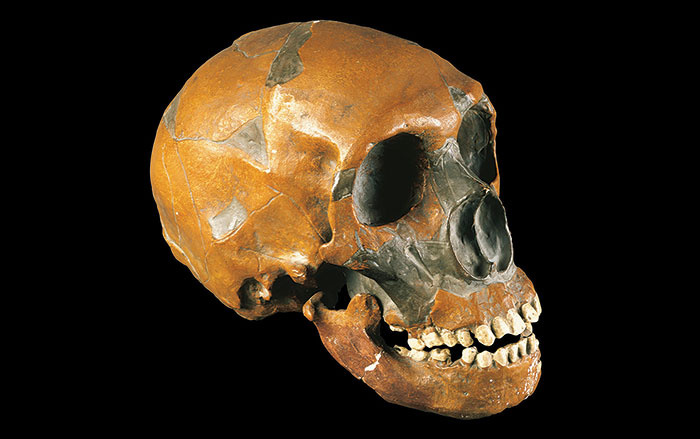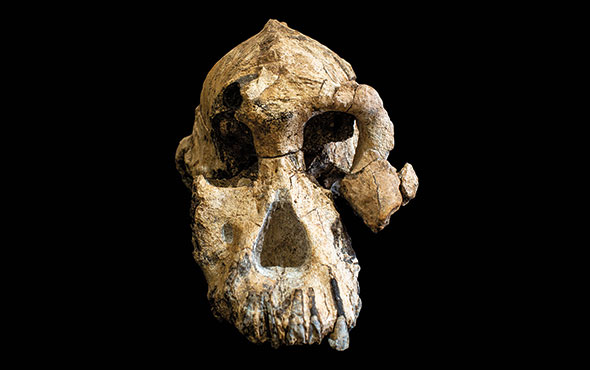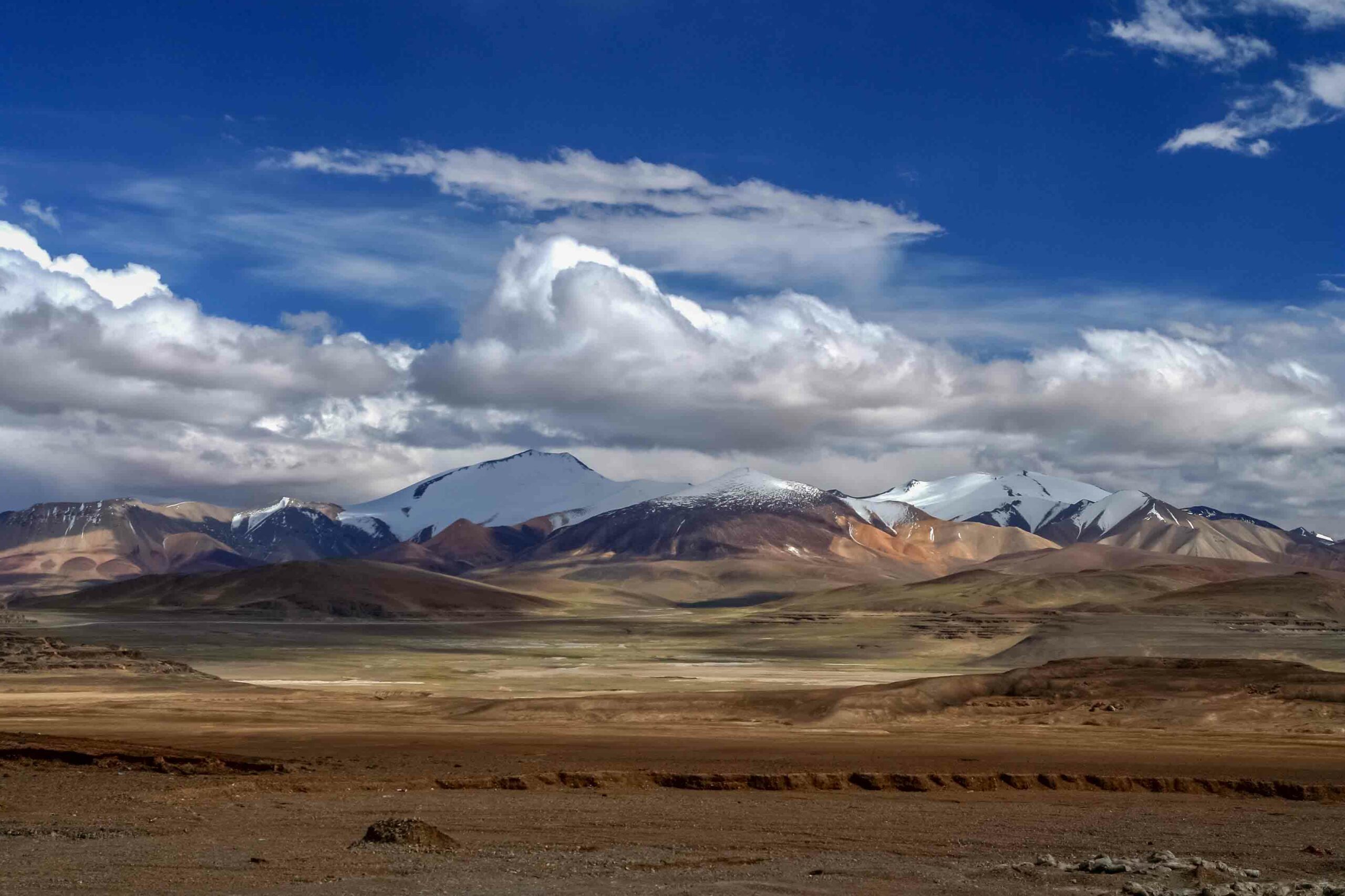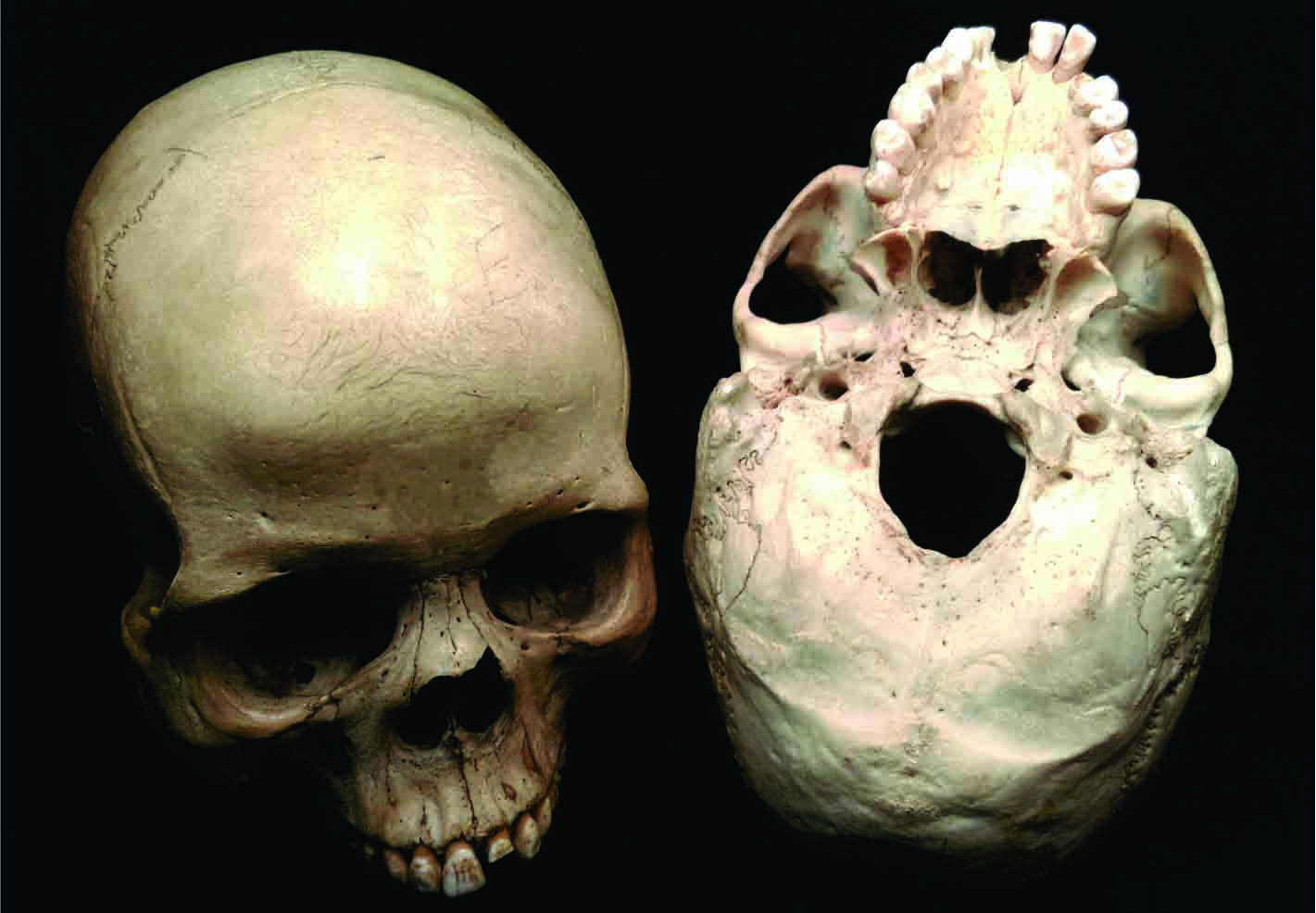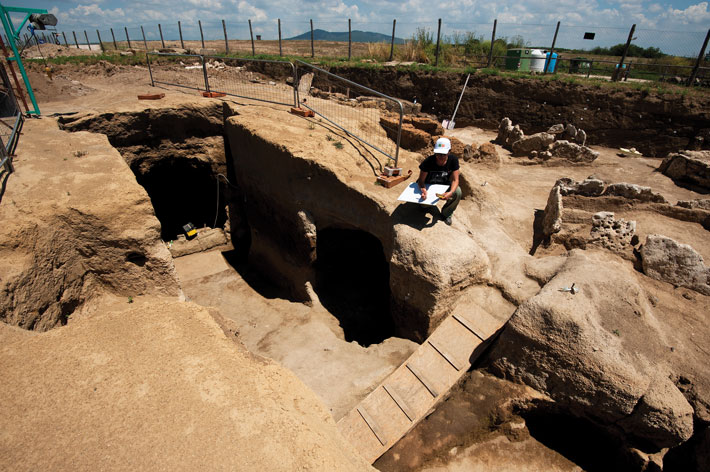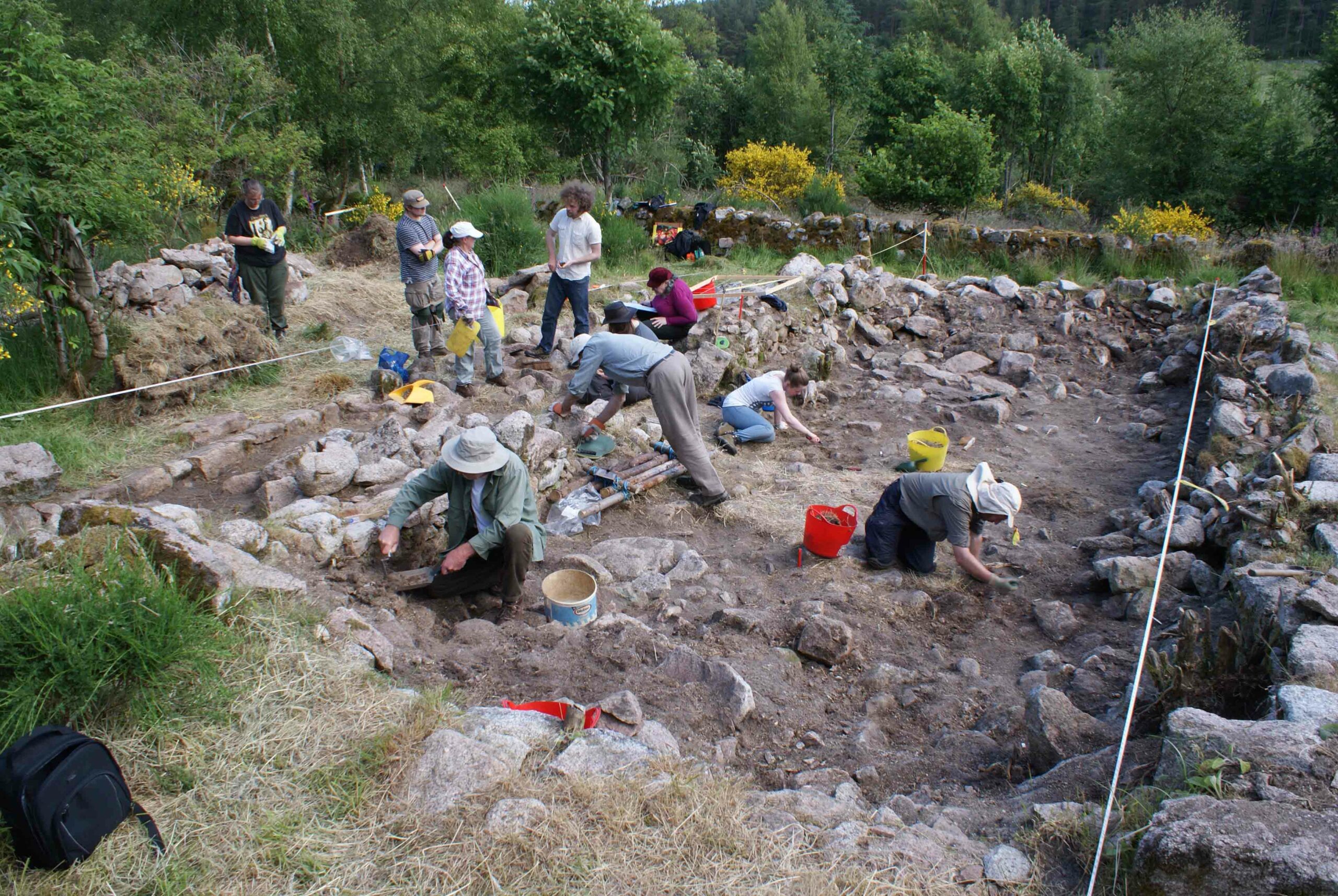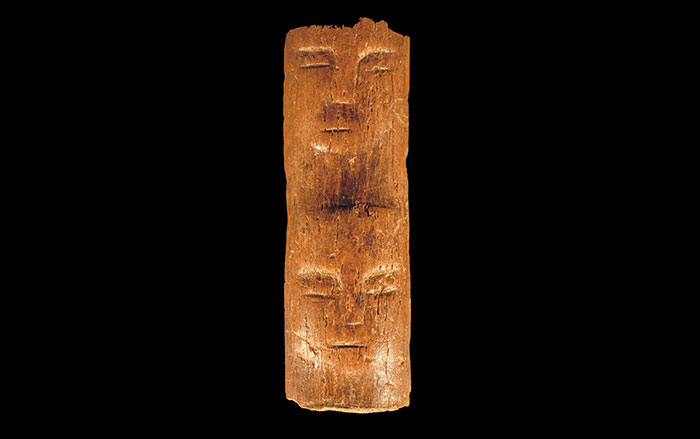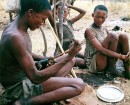
SALT LAKE CITY, UTAH—Polly Wiessner of the University of Utah used notes and recordings of conversations collected in the 1970s to examine the content of daytime and nighttime conversations among the !Kung Bushmen of the Kalahari Desert in northeast Namibia and northwest Botswana. She found that the daytime conversations focused mainly on complaints and criticisms about social relationships, economic concerns, jokes, and included a small percentage of stories. Evening conversations around campfires, however, centered on storytelling. “At night, people really let go, mellow out and seek entertainment. If there have been conflicts in the day, they overcome those and bond. Night conversation has more to do with stories, talking about the characteristics of people who are not present and who are in your broader networks, and thoughts about the spirit world and how it influences the human world. You have singing and dancing, too, which bonds groups,” she told Science Daily. Wiessner suggests that imaginative firelight activities spurred the cultural and social evolution of human ancestors. “We can’t tell about the past from the Bushmen. But these people live from hunting and gathering. For 99 percent of our evolution, this is how our ancestors lived. What transpires during the fire-lit night hours by hunter-gatherers? It helps answer the question of what fire-lit space contributes to human life.” To read about the challenges scientists face studying hunter-gatherer populations, see ARCHAEOLOGY'S "Tracking Hunter-Gatherers."


